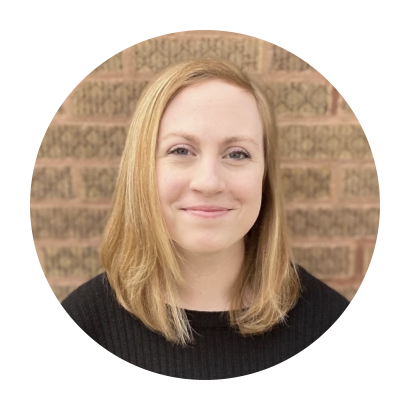Our Vision
An inclusive, progressive church with a healthy sense of humor and humility
ONLINE
LOCAL
We all need help we can’t give ourselves. And, increasingly, people experience the “more, faster, bigger, better” solutions of modern life to be too flat, too empty, too unjust to provide that help (including many of those offered in religious settings).
We started this church in 2013 for people who feel more at home culturally in progressive or secular settings than in religious settings, but who nonetheless long for communal experiences of spirituality. Since then, BLC has grown from a local community on the Northside of Chicago to both a local and online community, including many people beyond Chicago.
With a healthy sense of humor and humility (something not usually experienced in churches), we host Sunday gatherings for prayer & meditation, build small group community, and empower individuals to contribute to justice and healing in the world — all with the goal to help people foster mature spirituality (based not in obligation to a distant God, but in relationship to a trustworthy God).
Our guide in all this is Jesus. Many religious settings present “faith in Jesus” as an exclusive thing, over and against other religious or non-religious approaches to life, but our experience of Jesus is entirely different. For us, connection with Jesus and spiritual growth grounded in the Biblical Tradition have never made us more closed-off; they have made us more open!
We embrace diversity in perspectives and religious/cultural backgrounds, we are committed to equity, justice, and anti-racism work, and we are LGBTQ-inclusive.
Learn about our Five Year Vision →



























